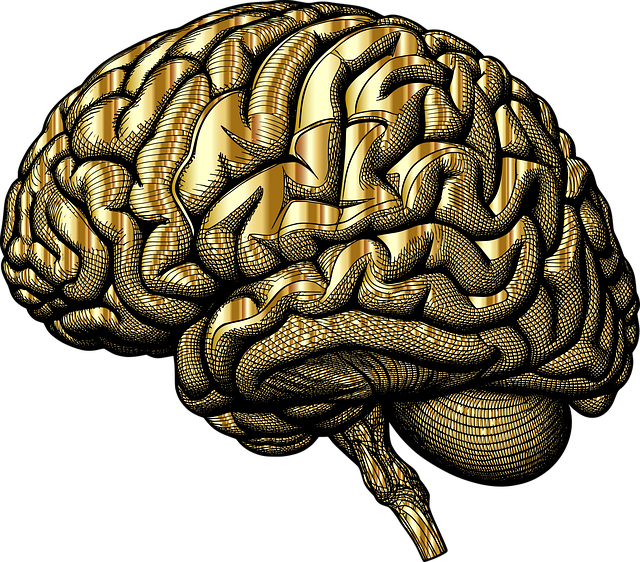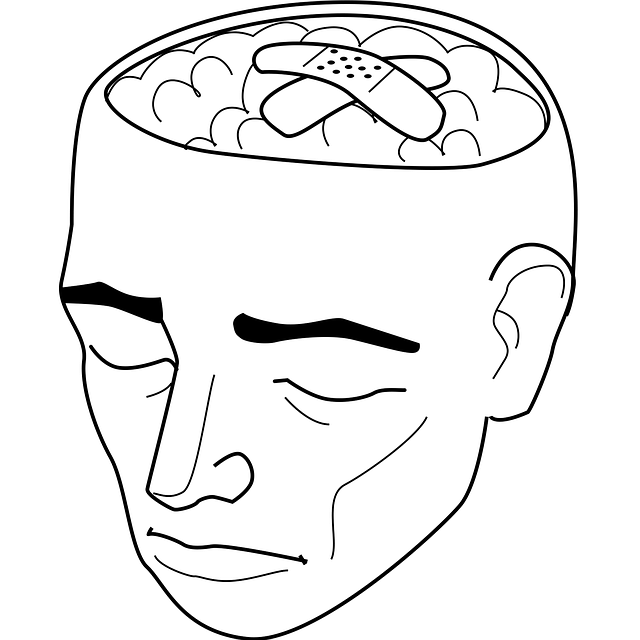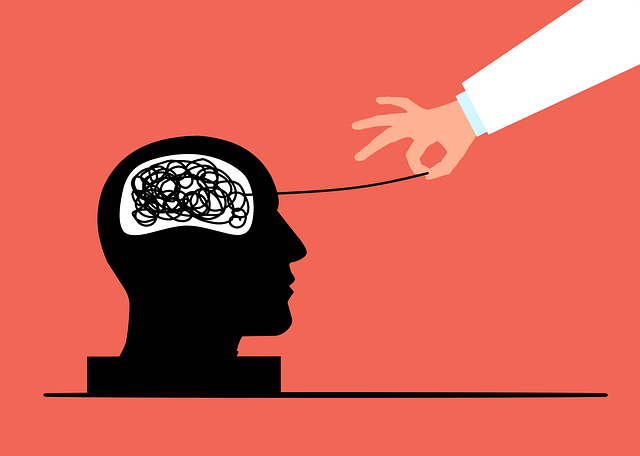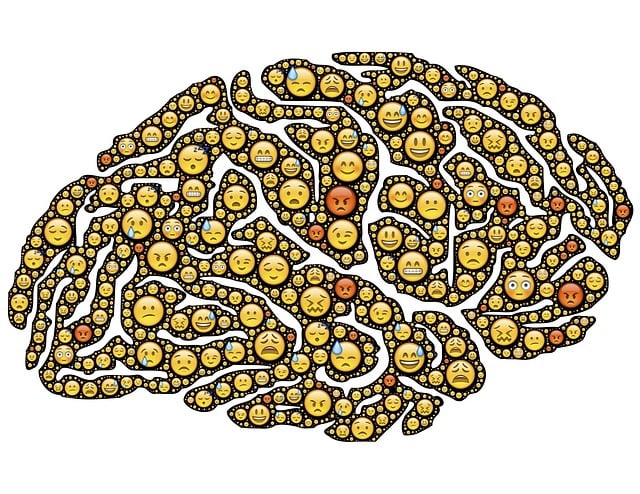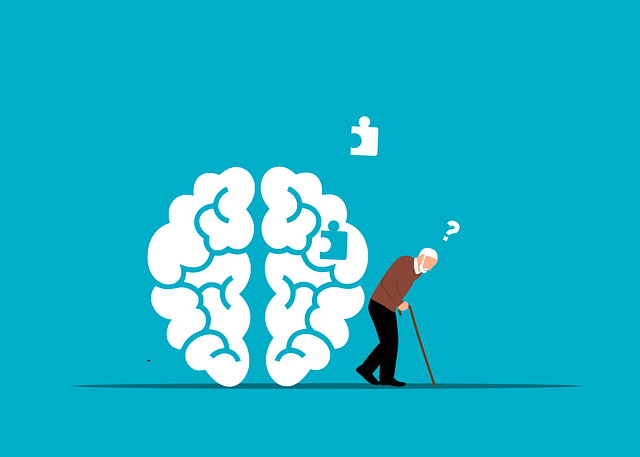Wheat Ridge EMDR Certified Therapy introduces the Resilient Fitness Mind (RFM) framework, integrating recovery, flourishing, and mastery techniques to enhance resilience against life's challenges. This evidence-based approach combines compassion cultivation and conflict resolution practices, shifting mental health policies from trauma mitigation to fostering thriving despite adversity. By focusing on resilience, flexibility, and mastery, RFM exercises build mental agility and emotional well-being, preventing burnout and promoting effective stress management through tailored activities that cultivate positive mindsets. Case studies demonstrate the success of these innovative methods in treating trauma and enhancing emotional intelligence, making Wheat Ridge EMDR Certified Therapy a game-changer for mental health and wellness.
“Unleash resilience with RFM (Resourceful Family Model) in Wheat Ridge EMDR certified therapy. This comprehensive guide explores how RFM strengthens individuals’ coping mechanisms, fostering adaptability and emotional well-being. Discover its pivotal role in therapy practices, reaping benefits that extend beyond traditional methods. From understanding RFM’s core principles to implementing effective exercises, this article offers a step-by-step roadmap for practitioners. Join us as we delve into inspiring case studies, showcasing real-world transformations achieved through RFM certification.”
- Understanding RFM and Its Role in Resilience Building
- Benefits of Incorporating RFM into Therapy Practices
- Implementing RFM Exercises: A Step-by-Step Guide
- Case Studies: Real-World Success Stories of RFM Certification
Understanding RFM and Its Role in Resilience Building

Resilience is a vital asset in navigating life’s challenges and adversities. Understanding RFM (Recovery, Flourishing, and Mastering) provides a framework for cultivating this strength. This approach, often integrated into Wheat Ridge EMDR Certified Therapy, focuses on empowering individuals to recover from traumatic events or stressful situations while fostering personal growth and resilience. By combining evidence-based practices like Compassion Cultivation Practices and Conflict Resolution Techniques with the RFM model, mental health professionals can facilitate transformative change in their clients.
In the context of Mental Health Policy Analysis and Advocacy, recognizing the role of resilience is crucial. It shifts the narrative from solely focusing on mitigating trauma to encouraging individuals to thrive despite adversity. This proactive approach not only enhances traditional therapy methods but also aligns with the broader goals of mental health policy, advocating for comprehensive support systems that nurture resilience in all aspects of life.
Benefits of Incorporating RFM into Therapy Practices

Incorporating RFM (Resilience, Flexibility, and Mastery) into therapy practices offers a powerful approach to enhancing client outcomes, particularly in the context of Wheat Ridge EMDR Certified Therapy. This integrated method not only complements traditional therapeutic techniques but also empowers individuals to navigate life’s challenges with greater resilience. By focusing on these three key components, therapists can support clients in developing effective coping strategies for stress management and emotional well-being promotion techniques.
RFM exercises help individuals build mental agility and emotional flexibility, enabling them to adapt and bounce back from traumatic events or stressful situations. This proactive approach to mental health fosters burnout prevention by encouraging a sense of mastery over one’s life. Through tailored activities, clients learn to regulate emotions, enhance their problem-solving skills, and cultivate a positive mindset, all of which contribute to improved overall well-being.
Implementing RFM Exercises: A Step-by-Step Guide

Implementing RFM (Resilience, Flexibility, and Mastery) exercises is a powerful approach to enhancing mental wellness, supported by Wheat Ridge EMDR Certified Therapy. Here’s a step-by-step guide for those interested in incorporating these techniques:
1. Assess Individual Needs: Begin by evaluating the individual’s current emotional state and resilience level. This involves understanding their past experiences, triggers, and areas where they struggle or excel. Tailoring RFM exercises to specific needs is crucial for effective self-esteem improvement.
2. Set Clear Goals: Define achievable goals for each session, focusing on enhancing resilience, flexibility in thought processes, and mastering coping mechanisms. These goals should be tailored to address personal challenges, whether it’s managing stress, overcoming fears, or improving emotional intelligence.
3. Choose Appropriate Exercises: RFM offers a range of exercises designed to build mental fortitude. These include mindfulness practices, cognitive reframing, exposure therapy, and skill-building techniques. Select activities that align with the individual’s goals and comfort level, ensuring each exercise is explained thoroughly for better comprehension.
4. Create a Structured Environment: Establish a safe and supportive space where individuals feel comfortable exploring their emotions. This environment should encourage open communication and be free from judgment. Consider incorporating elements of a Mental Wellness Podcast Series Production to enhance engagement and learning.
5. Guide Practice and Reflection: Facilitate each RFM exercise step-by-step, encouraging active participation. After each activity, prompt participants to reflect on their experiences, insights gained, and how these can be applied in daily life. This reflective phase is key to enhancing emotional intelligence.
Case Studies: Real-World Success Stories of RFM Certification

In the realm of mental health and wellness, Wheat Ridge EMDR Certified Therapy has emerged as a game-changer, offering innovative approaches to resilience building. Case studies demonstrate its real-world success in treating trauma and enhancing emotional well-being. By integrating Resilient Fitness Mind (RFM) principles, certified therapists help individuals cultivate coping mechanisms that prove invaluable in navigating life’s challenges. These methods are particularly impactful for healthcare providers grappling with Burnout Prevention Strategies, as stress management is a critical component of their professional wellness.
Effective Stress Reduction Methods are not just theoretical; they are honed through practical applications in various settings, including Stress Management Workshops Organization. Participants in these workshops gain valuable tools to manage and mitigate stress, fostering a more balanced and resilient lifestyle. The success stories from Wheat Ridge EMDR Certified Therapy serve as a testament to the power of RFM in transforming lives and promoting mental health in both personal and professional spheres.
Wheat Ridge EMDR Certified Therapy offers a powerful approach to resilience building through RFM (Resource, Focus, and Mastery) exercises. By integrating these techniques into therapy practices, professionals can enhance their ability to support clients in navigating trauma and fostering emotional well-being. The step-by-step guide provided offers a practical framework for implementation, while case studies highlight the real-world impact of RFM certification. Embracing this methodology allows therapists to empower individuals to build resilience, heal from past traumas, and live more fulfilling lives.

